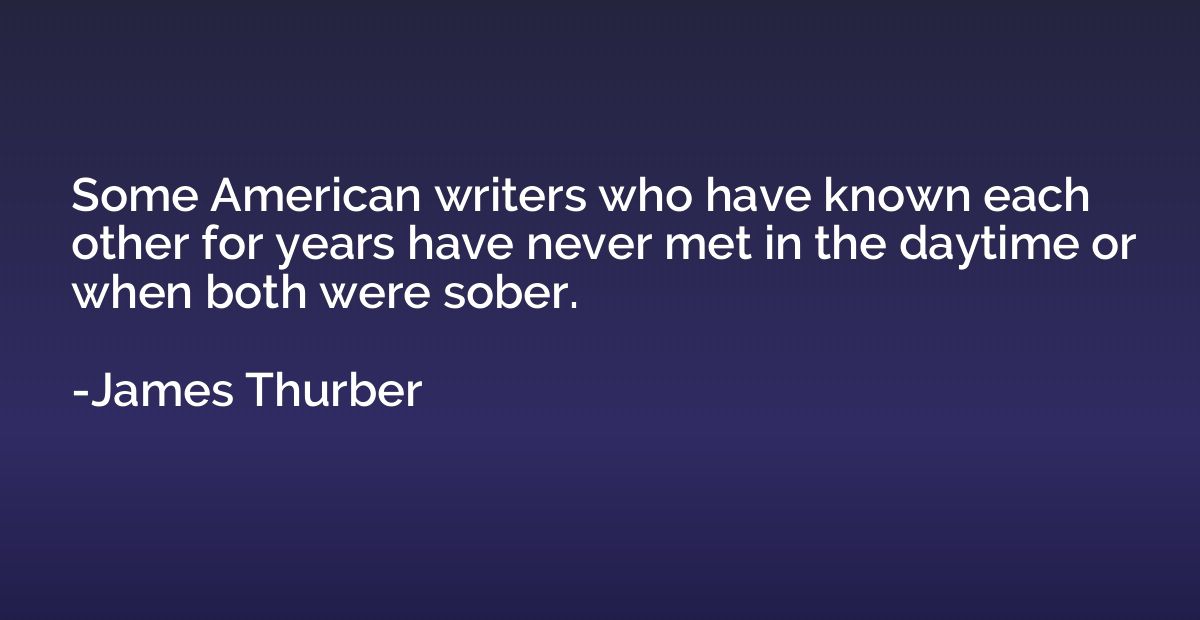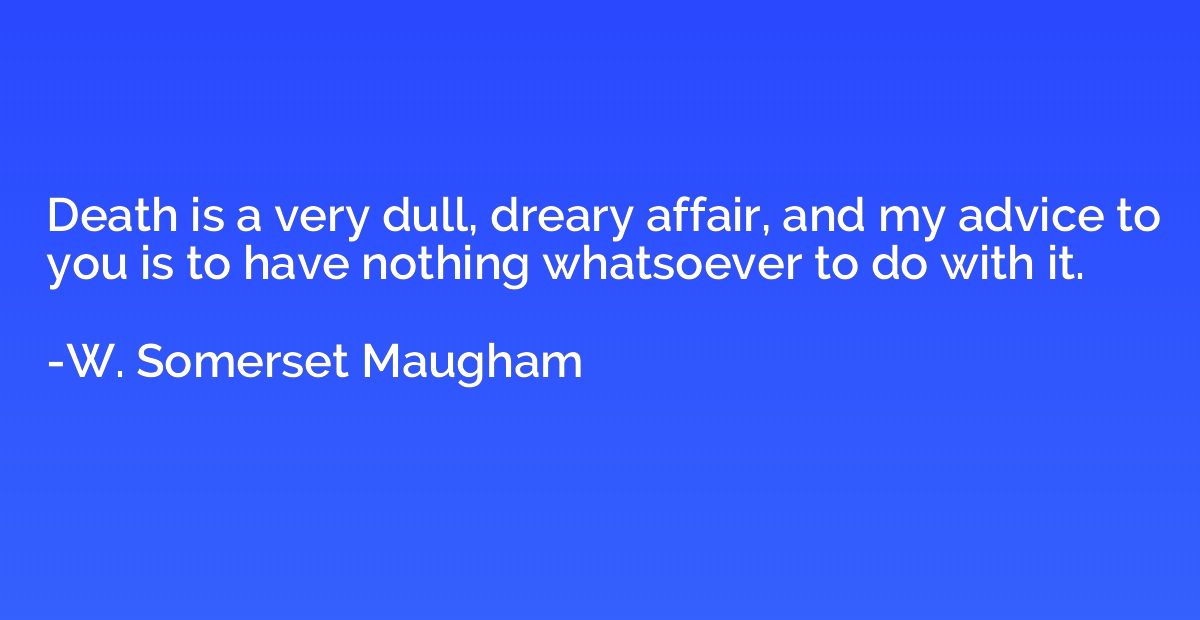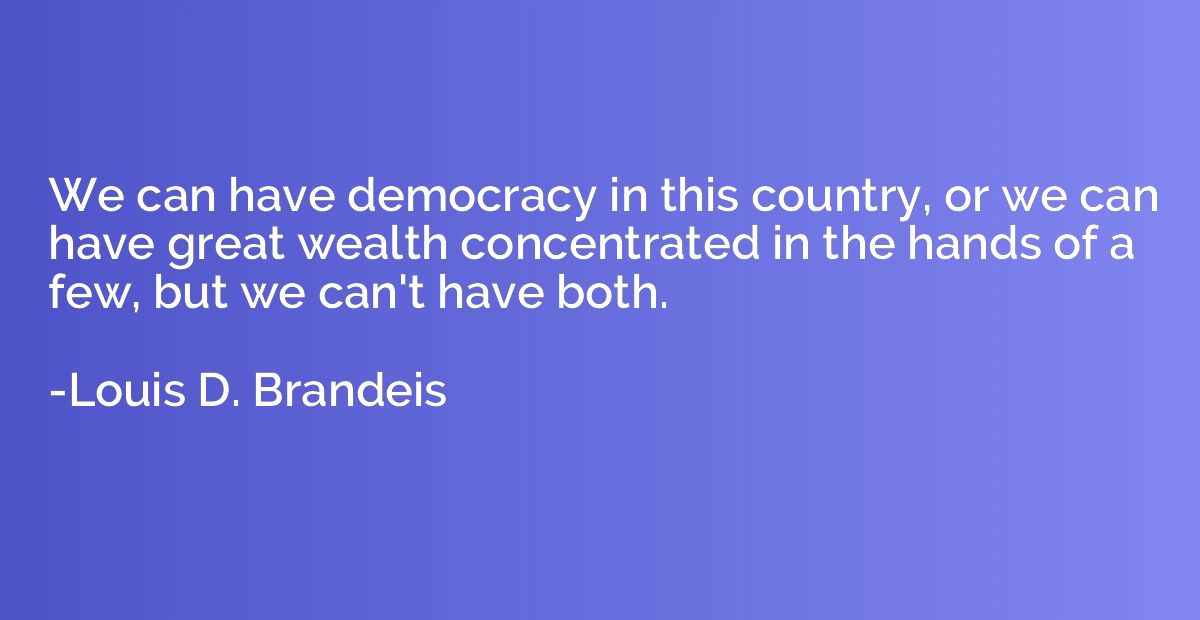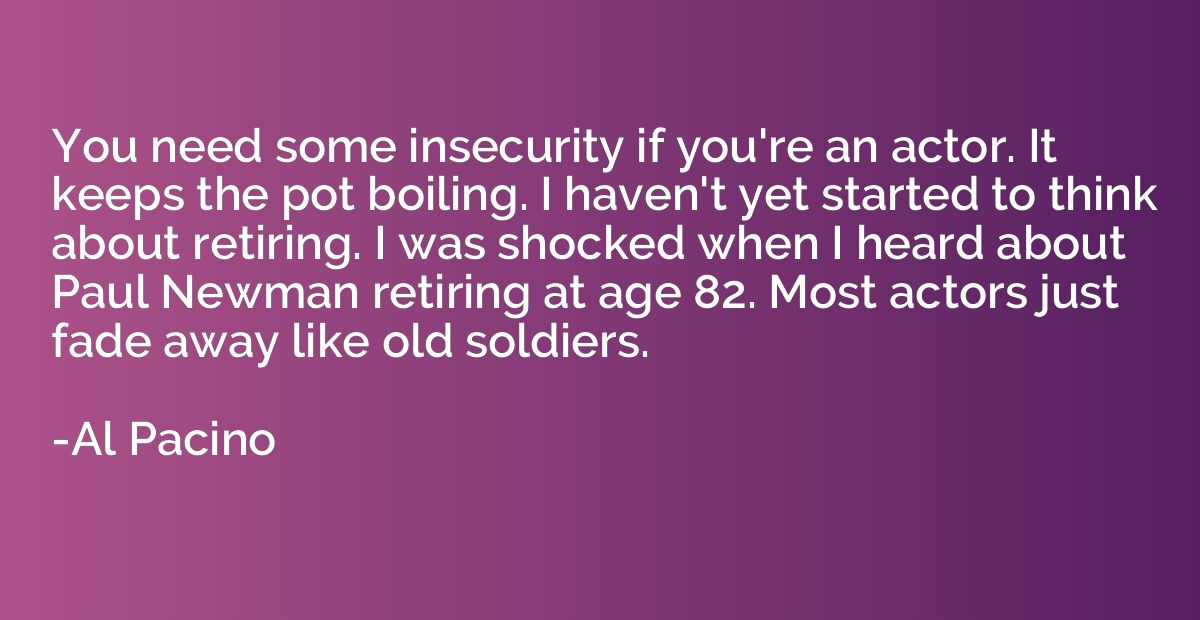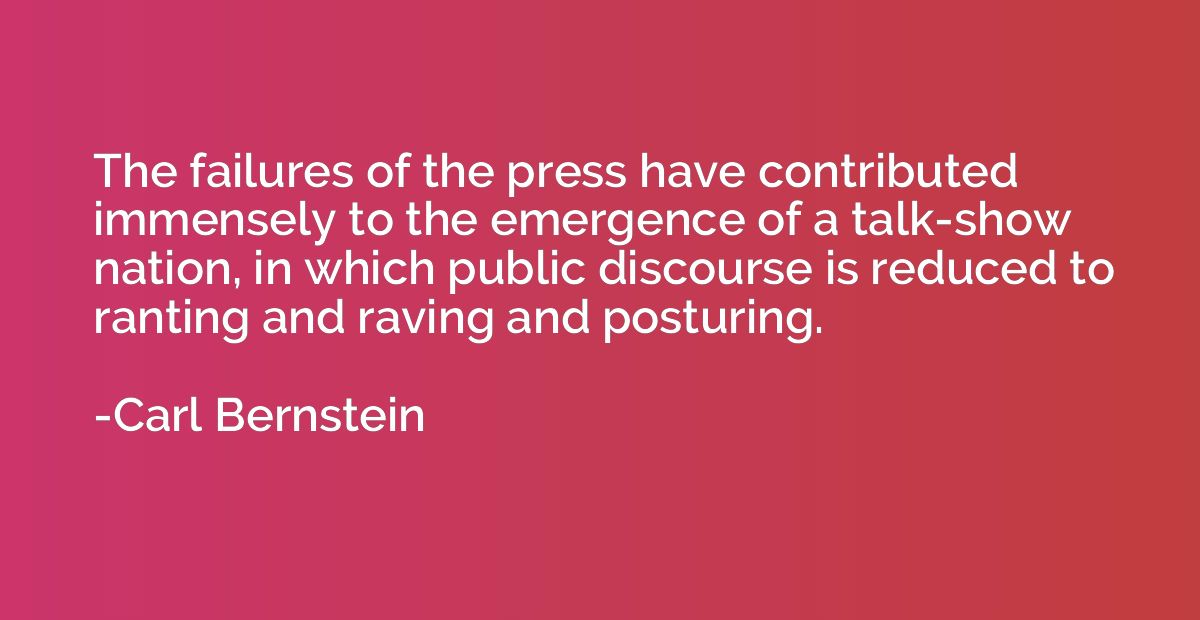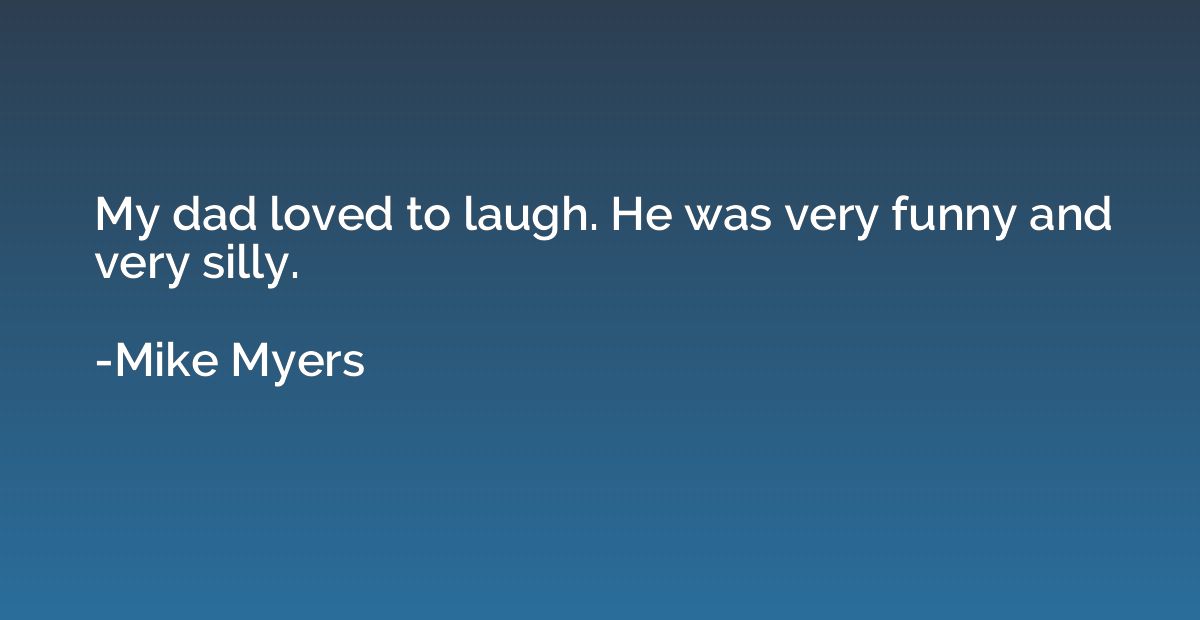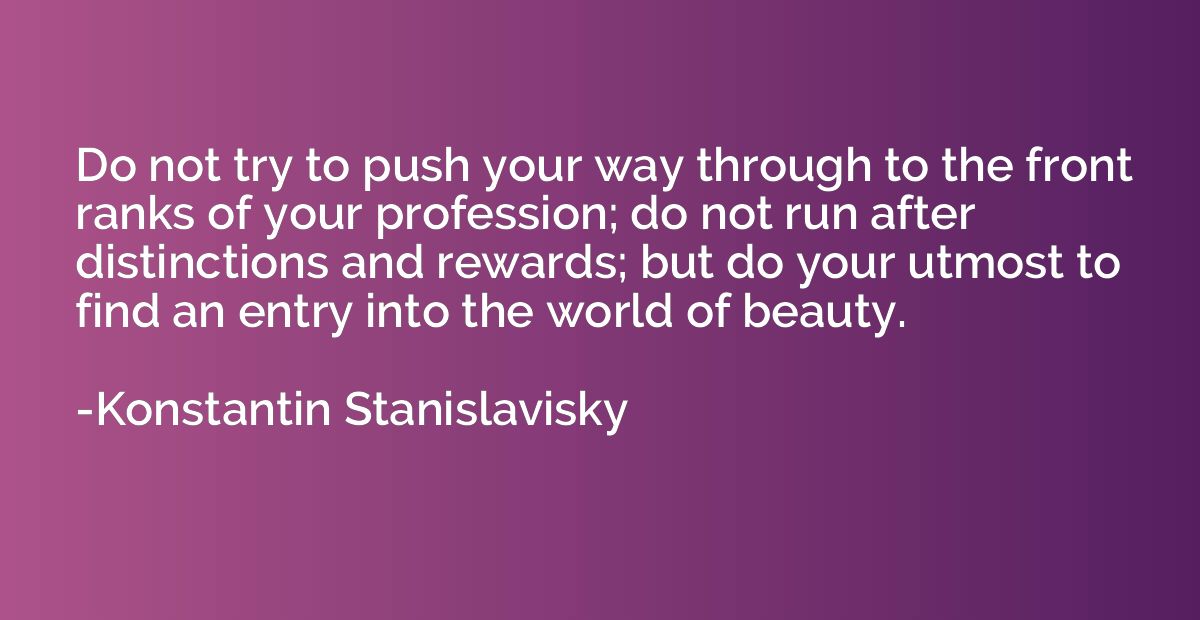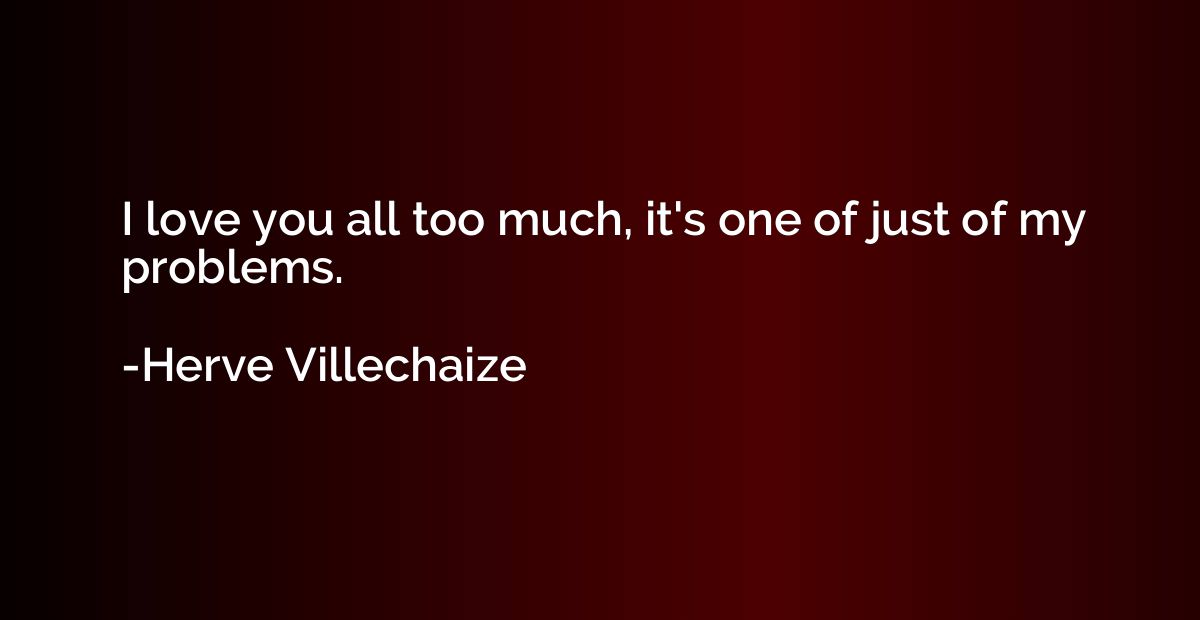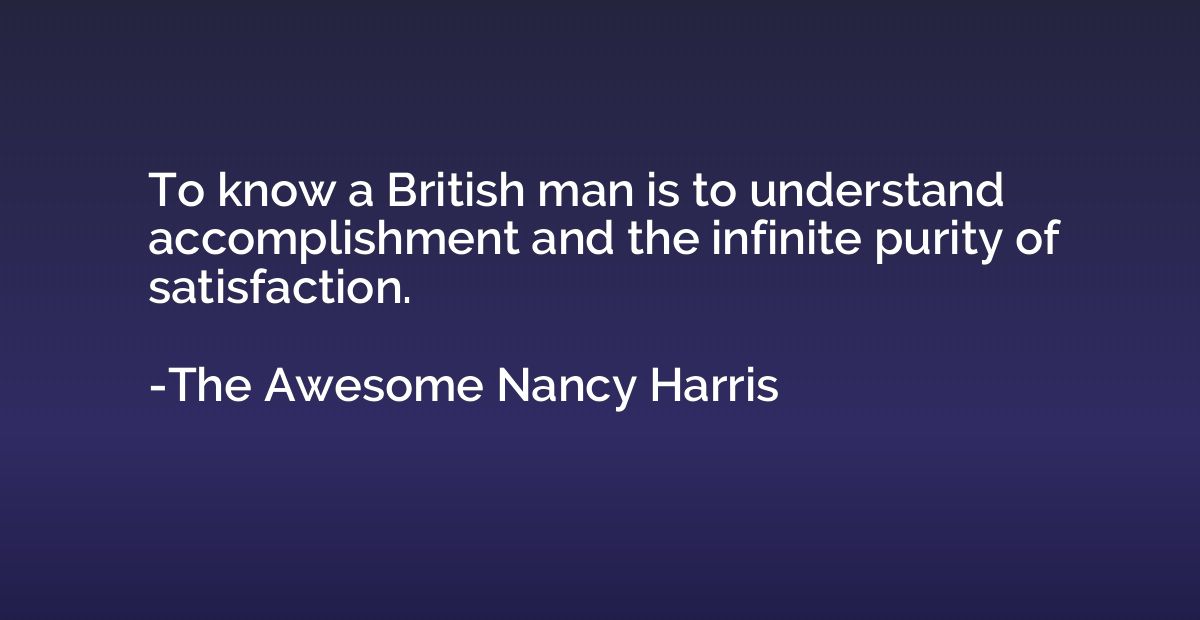Quote by Agnes Repplier, Books and Men, O
In the stress of modern life, how little room is left for that most comfortable vanity that whispers in our ears that failures are not faults!
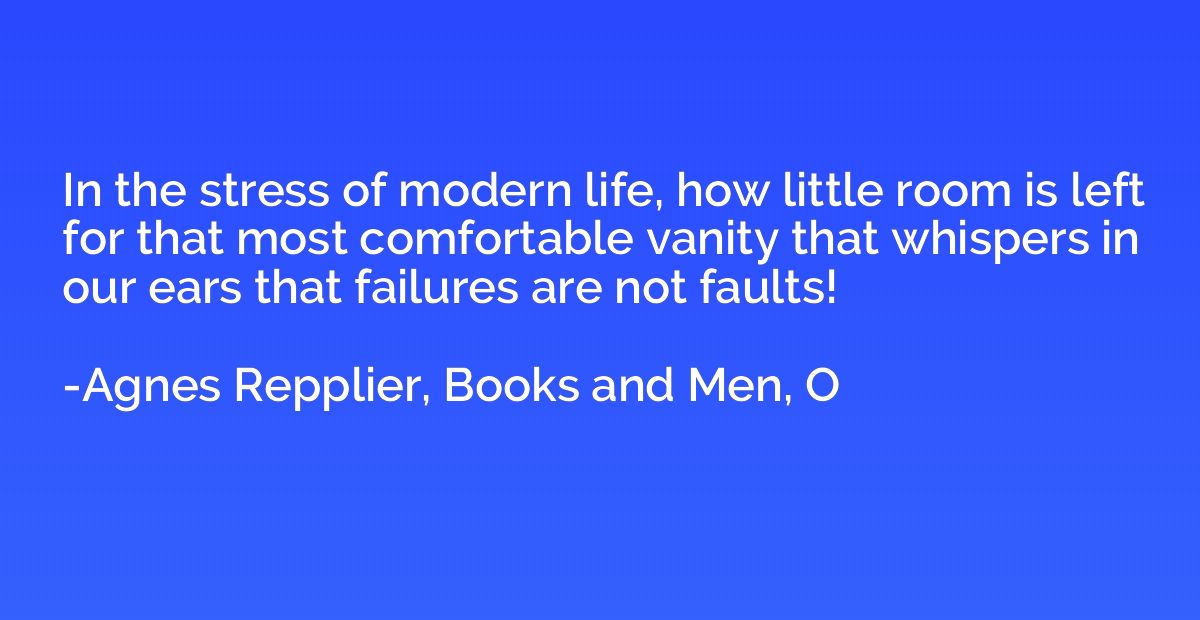
Summary
This quote suggests that in the fast-paced and demanding nature of modern life, there is very little space for us to find comfort in the notion that our failures are not necessarily our faults. It reflects the pressure society places on individuals to be successful, constantly pushing them to achieve without acknowledging that failure is a natural part of growth. The quote highlights the absence of self-compassion and understanding in a society that tends to view failures as a reflection of personal incompetence rather than a step towards improvement.



